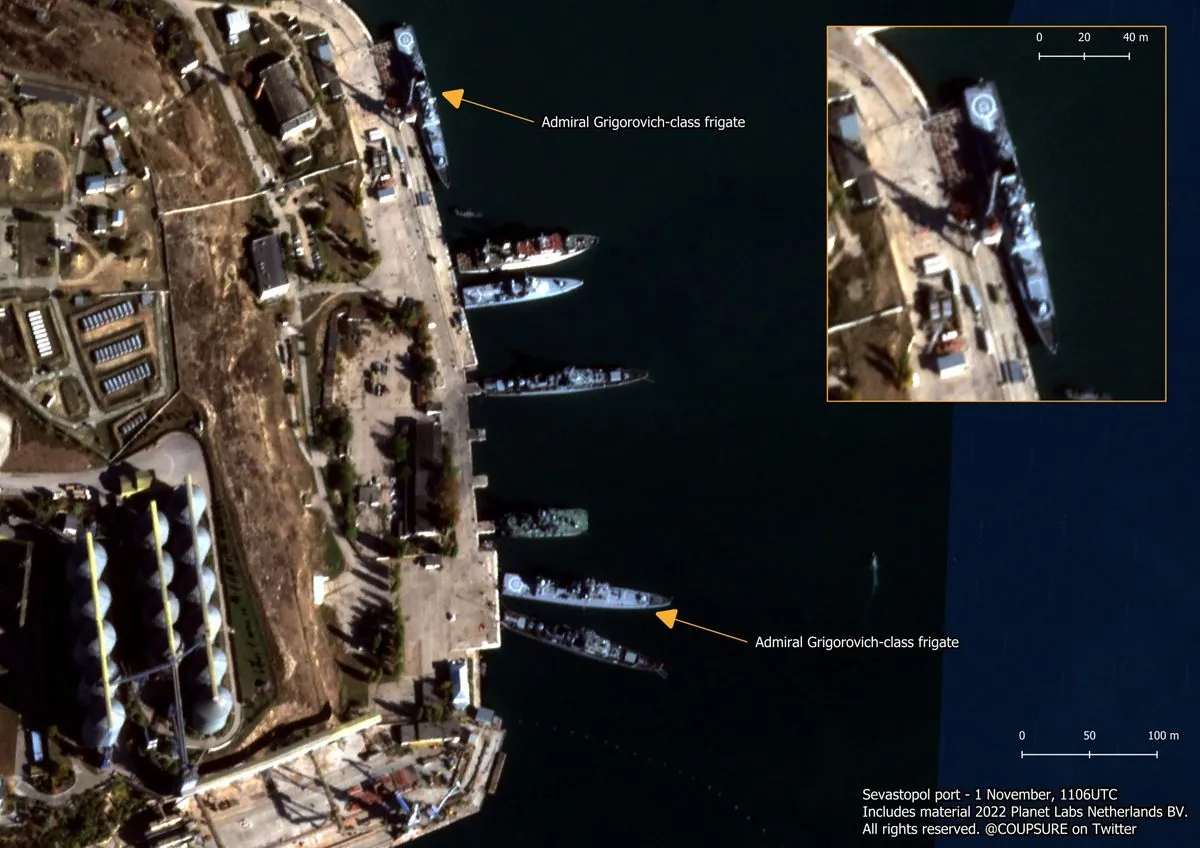Massive Drone Assault on Russia Sparks Fires and Damage Across Regions
Over 100 Ukrainian drones targeted Russian territories, causing fires and building damage. Russia retaliated with attacks on Zaporizhzhia, injuring civilians. Both sides continue intense drone warfare.

In a significant escalation of drone warfare, Russian officials reported intercepting more than 100 Ukrainian unmanned aerial vehicles (UAVs) across seven regions on September 29, 2024. This marks one of the most extensive drone operations over Russian airspace since the conflict began 2.5 years ago. The incident underscores the growing importance of drone technology in modern warfare, a trend that has accelerated rapidly since the onset of hostilities.
Volgograd, a region historically significant as the site of a major World War II battle, bore the brunt of the assault with 67 drones reportedly neutralized. The region, formerly known as Stalingrad, has now become a focal point in a conflict that has reshaped global geopolitics and military strategies.
In Voronezh, falling debris from intercepted drones damaged residential structures, including a high-rise apartment building. Social media footage showed flames engulfing the upper floors, highlighting the risks to civilian infrastructure in this conflict. Fortunately, no casualties were reported in this incident.
The Rostov region also came under attack, with debris igniting a wildfire that spread across 20 hectares of forest. This event draws attention to the environmental consequences of modern warfare, an aspect often overlooked in conflict reporting.
The use of drones has not been limited to Ukraine's operations. Russia has been employing Iranian-made drones in its attacks on Ukrainian territories, prompting advancements in counter-drone technologies on both sides. The conflict has also accelerated the development of electronic warfare capabilities, crucial for defending against these unmanned threats.
In response to the drone attacks, Russia launched a series of retaliatory strikes on the Ukrainian city of Zaporizhzhia. The city, home to Europe's largest nuclear power plant, has been a strategic focal point throughout the conflict. Governor Ivan Fedorov reported that Russian forces used guided bombs in ten separate attacks, resulting in 16 civilian injuries and significant damage to residential areas and infrastructure.
Volodymyr Zelenskyy, Ukraine's President, confirmed the damage to Zaporizhzhia's transport links and residential buildings. The attacks on civilian targets have raised ongoing humanitarian concerns and have been a contentious issue throughout the conflict.
Ukrainian military officials have warned of a potential new Russian offensive in the southern regions. This development comes as both sides continue to leverage satellite technology and cyber warfare alongside traditional military operations, showcasing the multi-faceted nature of modern conflicts.
Amidst the ongoing hostilities, Zelenskyy participated in a memorial service marking the 83rd anniversary of the Babyn Yar massacre, one of World War II's most notorious mass killings. The event, where nearly 34,000 Jews were murdered within 48 hours in 1941, serves as a somber reminder of the atrocities of war.
"Babyn Yar is vivid proof of the atrocities that regimes are capable of when led by leaders who rely on intimidation and violence. At any time, they are no different. But the world's response should be different. This is the lesson the world should have learned. We must guard humanity, life, and justice."
The ongoing conflict has had far-reaching consequences beyond the immediate war zone. It has triggered a refugee crisis, with millions of Ukrainians displaced, and has led to a global food crisis due to disruptions in grain exports from Ukraine. The war has also prompted a reassessment of energy security in Europe and accelerated Ukraine's push for EU membership.
As the conflict continues, both sides report ongoing drone activities. Ukraine's air force stated that 22 Russian drones were launched overnight, with the majority intercepted or neutralized through various means. These persistent drone operations underscore the evolving nature of warfare and the challenges faced by both military and civilian populations in conflict zones.


































